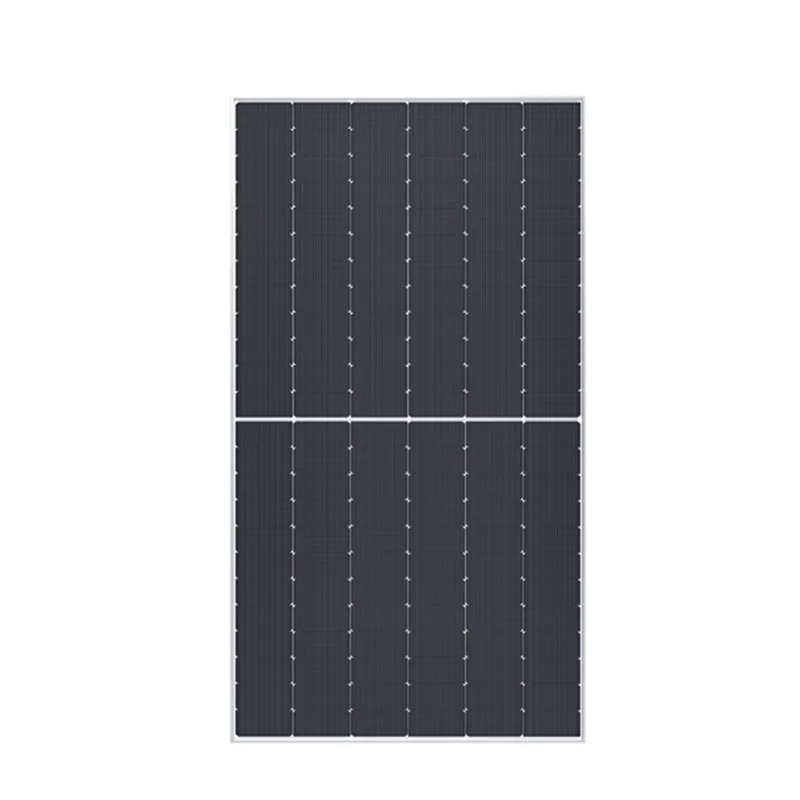efficiency of solar panels on cloudy days
The Efficiency of Solar Panels on Cloudy Days
Solar energy has gained significant traction as a renewable energy source, but many people are concerned about its effectiveness on cloudy days
. The efficiency of solar panels under overcast conditions is a critical topic, especially for those considering solar energy in regions that frequently experience cloudy weather.Solar panels, primarily composed of photovoltaic (PV) cells, convert sunlight into electricity. Their efficiency is typically rated under ideal conditions with direct sunlight. However, PV technology has evolved, allowing these panels to harness energy even when the sun is obscured by clouds. On cloudy days, solar panels can still generate electricity, albeit at a reduced output. Studies indicate that this reduction can range between 10% to 50%, depending on the thickness of the cloud cover and the type of solar technology used.
One of the main factors affecting solar panel efficiency in cloudy weather is the type of PV cells. Monocrystalline panels tend to perform better in diffused light conditions compared to their polycrystalline counterparts. This is due to their higher conversion efficiency and superior ability to absorb low-intensity sunlight. Additionally, advancements in technologies such as bifacial solar panels, which can capture light reflected off the ground or nearby surfaces, further enhance energy capture even when direct sunlight is scarce.
efficiency of solar panels on cloudy days

Moreover, solar inverters play a significant role in optimizing output on cloudy days. Modern inverters can adjust their operation based on real-time weather conditions, enabling greater energy harvesting from available light. Some systems also incorporate storage solutions, such as batteries, allowing users to store excess energy produced during sunny periods for use during overcast days. This feature not only maximizes efficiency but also ensures a consistent power supply.
Community awareness and education are essential. Many homeowners may overlook solar energy due to misconceptions about its efficiency in less-than-ideal weather. By understanding that solar panels can still generate substantial power even on cloudy days, individuals can make more informed decisions about transitioning to renewable energy sources.
In conclusion, while solar panels are undoubtedly less efficient on cloudy days compared to bright, sunny conditions, they are not powerless. With advancements in technology and a better understanding of energy generation, solar power remains a viable and sustainable energy solution, even in areas with frequent cloud cover. Ultimately, investing in solar energy can contribute to a greener planet and offer economic benefits, making it worthwhile regardless of weather conditions.
-
Unlocking Energy Freedom with the Off Grid Solar InverterNewsJun.06,2025
-
Unlock More Solar Power with a High-Efficiency Bifacial Solar PanelNewsJun.06,2025
-
Power Your Future with High-Efficiency Monocrystalline Solar PanelsNewsJun.06,2025
-
Next-Gen Solar Power Starts with Micro Solar InvertersNewsJun.06,2025
-
Harnessing Peak Efficiency with the On Grid Solar InverterNewsJun.06,2025
-
Discover Unmatched Efficiency with the Latest String Solar InverterNewsJun.06,2025







